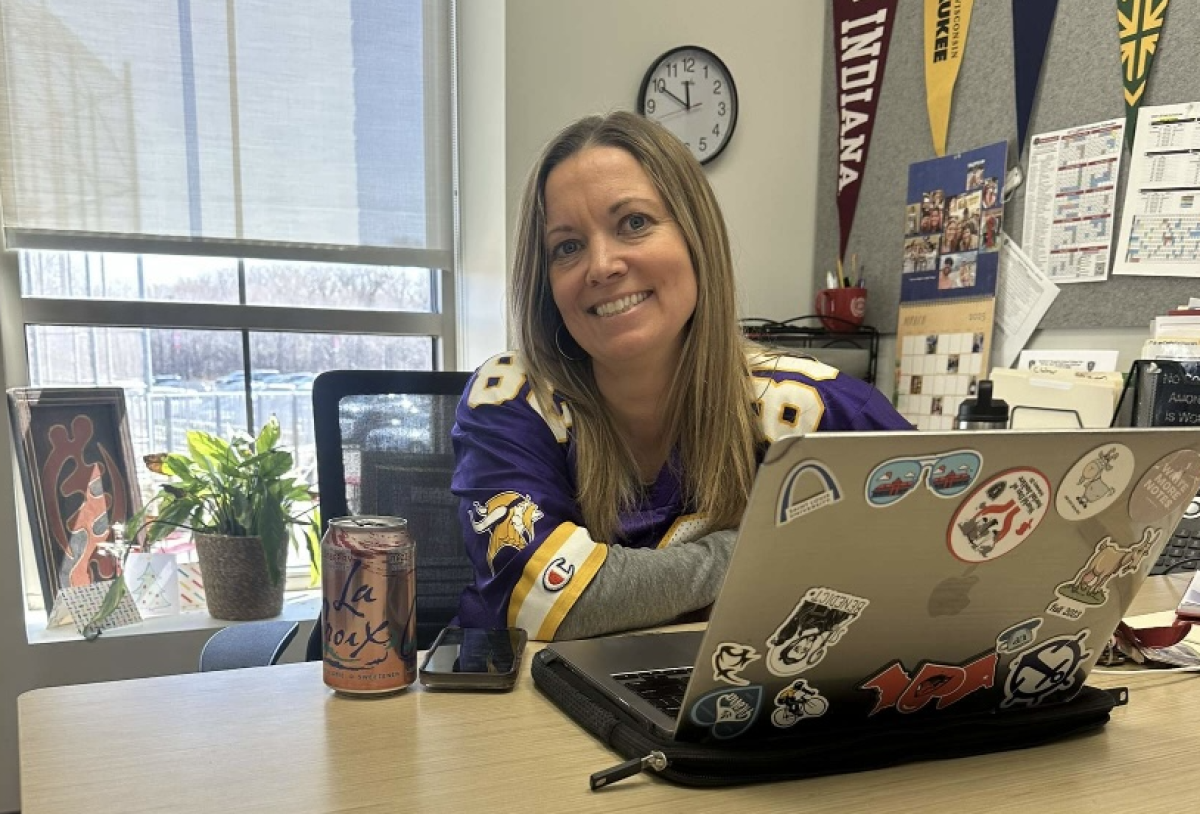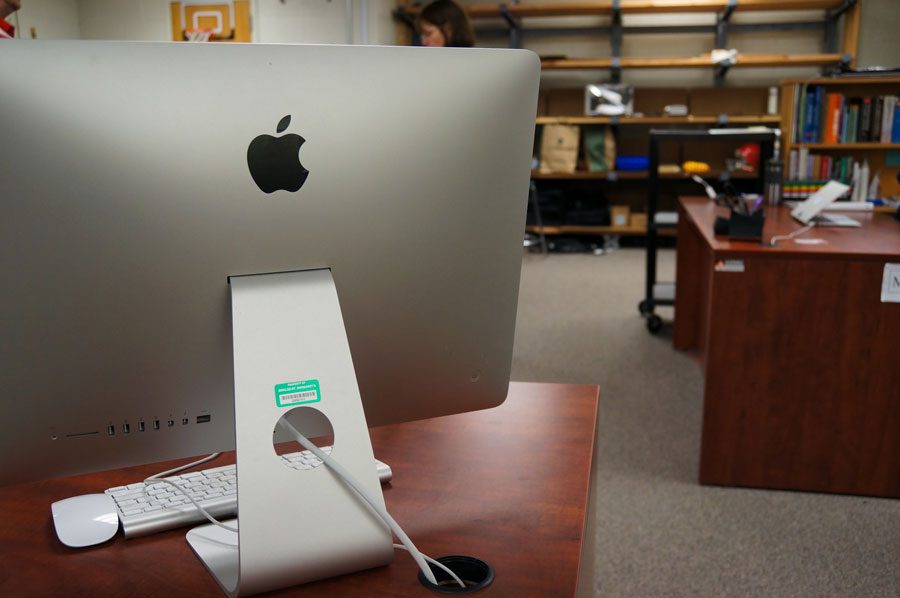A changing job field
This article contains corrections of an original draft published in the Knight Errant Quarterly magazine.
Technology has impacted jobs, increasing and creating jobs within the field of the science and technology.
May 25, 2016
From computers to phones to tablets, new technology has been created on many different platforms. Throughout the years, as technology advances, the Internet has had a huge influence on how jobs work.
One workforce affected by Internet use is librarians. “Libraries provide open access to information for all to foster the development of knowledge in the community…technology has changed how we access and use information,” school librarian Ms. Laura Sylvester said.
As time progressed, people started to turn to digital devices, such as Kindles and Nooks, so libraries have adjusted to provide new services. “Electronic databases and ebooks allow users to access quality information at the time of need,” Sylvester said.
Because of this cultural shift, many libraries are either losing most of their business, or are closing down all together. Despite large changes, however, libraries remain important parts of our communities and relevant resources for students and adults alike. “Libraries are always working to effectively incorporate technology in ways that will meet the needs of their users,” Sylvester said.
Another profession that has been affected by technology is the medical profession. Before the days of computers, doctors and nurses had to rely on hand-written documents to provide medical information. “When I first started working, all of our documents were hand-written and kept on file. Whenever we saw a patient, we take out their file, and everything that we needed would be there,” Roxanna Pendergrass, a nurse practitioner for Partners in Pediatrics clinic, said.
Now, many hospitals and clinics have started using personal computers in place of documents. “Within the past few years, all of [the doctors and nurses] have gotten our own personal computers, so now all of our important files are in a server, and then we can update it whenever we see the patient next,” Pendergrass said.
Although this may seem convenient, it actually causes the medical staff to take more time to upload the information needed, which in turn disrupts their busy schedule. “It probably takes me an extra five to ten minutes to get every patient done with computers. Although that may not seem like a lot of time, it really slows down our process, and since we have to see so many patients per day, just a few minutes can be the difference,” Pendergrass said.
While technology has definitely impacted jobs, it has also increased and created jobs within the field of the science and technology departments. “When I had just finished school and looked for a new job, I realized that there had been an increase for my opportunities. I had heard that it was hard in the past, but in this current time period, as technology usage has increased, so are job opportunities for people in my field of interest,” James Sugar, an aspiring engineer, said.
In the future, many other job fields will have to adapt to new technological advancements. “Although using computers at work can be frustrating, at the end of the day, you have to just adapt to it. In the medical field, we wouldn’t have had progression if we didn’t adapt, so we have to learn how to use these new advancements to our own benefit,” Pendergrass said.
However, as these advances are made, it is important that society doesn’t rely solely on digital devices for their needs. “Many people, even teenagers, report that they prefer physical books for pleasure reading. I expect physical books will be around for a long time,” Sylvester said.




































![Teacher Lore: Mr. Hillman [Podcast]](https://bsmknighterrant.org/wp-content/uploads/2025/03/teacherlorelogo-1200x685.png)













